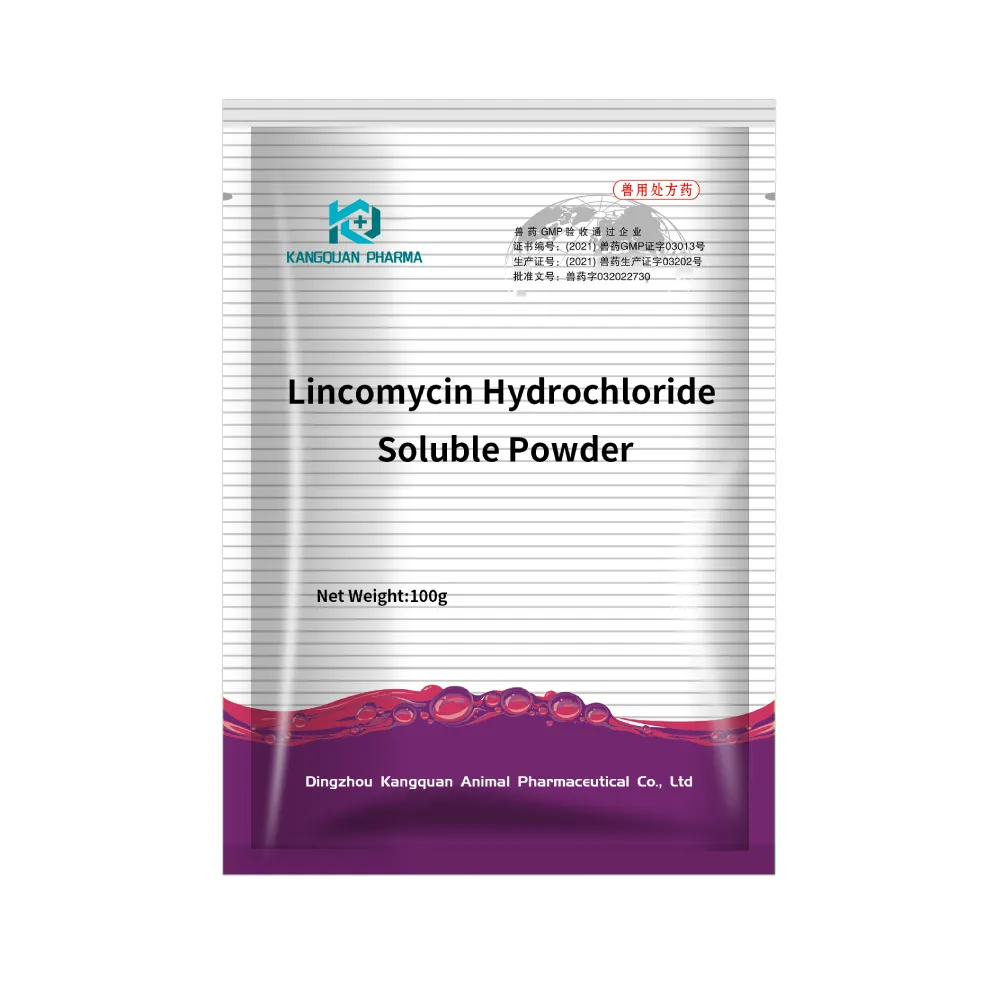- Afrikaans
- Albanian
- Amharic
- Arabic
- Armenian
- Azerbaijani
- Basque
- Belarusian
- Bengali
- Bosnian
- Bulgarian
- Catalan
- Cebuano
- Corsican
- Croatian
- Czech
- Danish
- Dutch
- English
- Esperanto
- Estonian
- Finnish
- French
- Frisian
- Galician
- Georgian
- German
- Greek
- Gujarati
- Haitian Creole
- hausa
- hawaiian
- Hebrew
- Hindi
- Miao
- Hungarian
- Icelandic
- igbo
- Indonesian
- irish
- Italian
- Japanese
- Javanese
- Kannada
- kazakh
- Khmer
- Rwandese
- Korean
- Kurdish
- Kyrgyz
- Lao
- Latin
- Latvian
- Lithuanian
- Luxembourgish
- Macedonian
- Malgashi
- Malay
- Malayalam
- Maltese
- Maori
- Marathi
- Mongolian
- Myanmar
- Nepali
- Norwegian
- Norwegian
- Occitan
- Pashto
- Persian
- Polish
- Portuguese
- Punjabi
- Romanian
- Russian
- Samoan
- Scottish Gaelic
- Serbian
- Sesotho
- Shona
- Sindhi
- Sinhala
- Slovak
- Slovenian
- Somali
- Spanish
- Sundanese
- Swahili
- Swedish
- Tagalog
- Tajik
- Tamil
- Tatar
- Telugu
- Thai
- Turkish
- Turkmen
- Ukrainian
- Urdu
- Uighur
- Uzbek
- Vietnamese
- Welsh
- Bantu
- Yiddish
- Yoruba
- Zulu
Dec . 12, 2024 03:17 Back to list
Understanding Animal Nutrition and Effective Feeding Strategies for Optimal Health
Animal Nutrition and Feeding The Foundation of Healthy Livestock
Animal nutrition and feeding play a crucial role in the health, growth, and productivity of livestock. Proper nutrition is the cornerstone of successful animal husbandry, affecting not only the welfare of individual animals but also the economic viability of farming operations. Understanding the fundamental principles of animal nutrition is essential for livestock producers, veterinarians, and animal nutritionists alike.
At its core, animal nutrition refers to the dietary needs of animals and how these needs can be met through various feedstuffs. Livestock species, including cattle, sheep, pigs, poultry, and goats, each have distinct nutritional requirements that must be carefully balanced to promote optimal health and performance. Key nutrients essential for animal growth and reproduction include carbohydrates, proteins, fats, vitamins, and minerals.
Macronutrients
1. Carbohydrates are the primary source of energy for animals. They are divided into simple carbohydrates, such as sugars, and complex carbohydrates, such as fibers and starches. For ruminants like cows and sheep, fiber is especially important, as it aids in digestion and promotes a healthy rumen environment.
2. Proteins are vital for growth, tissue repair, and overall body functions. They are composed of amino acids, some of which are essential and must be supplied through the diet. High-quality protein sources, such as soybean meal and alfalfa, can significantly enhance the growth rates and health of livestock.
3. Fats provide concentrated energy and play critical roles in hormone production and nutrient absorption. Including an appropriate amount of fats in the diet can help improve feed efficiency and overall animal performance.
Micronutrients
Vitamins and minerals, though required in smaller amounts, are equally important for maintaining health and productivity. Vitamins support various physiological functions, including immunity and reproductive health. For instance, Vitamin A is crucial for vision and skin health, while Vitamin D is essential for bone development.
animal nutrition and feeding

Minerals such as calcium, phosphorus, and magnesium play structural roles in bones and teeth and are necessary for proper metabolic functions. Deficiencies or imbalances in these nutrients can lead to serious health issues, including poor growth rates, reproductive failures, and increased susceptibility to diseases.
Feeding Strategies
Effective feeding strategies are vital for optimizing animal nutrition. One approach is to formulate rations based on the specific nutritional needs of the animals, taking into account their age, weight, production stage, and health status. This customized nutrition can be achieved through precision feeding and the use of nutritional supplements to enhance diet quality.
Another important aspect of feeding is feed management. Ensuring that animals have consistent access to fresh water and high-quality feed is critical. Implementing proper storage and handling practices helps prevent feed spoilage and contamination, ultimately leading to better animal health and performance.
In addition, the timing of feed delivery can influence feeding behavior and overall feed efficiency. Providing multiple small meals throughout the day, rather than one or two large meals, can encourage better digestion and nutrient absorption.
Sustainable Practices
As the demand for animal products continues to grow globally, sustainable animal nutrition practices are becoming increasingly important. Focusing on nutrient recycling and utilizing by-products from other industries can reduce feed costs and environmental impacts. Moreover, research into alternative feed sources, such as insects and algae, may offer innovative solutions to enhance livestock diets while minimizing ecological footprints.
In conclusion, understanding animal nutrition and implementing effective feeding strategies are vital for the well-being of livestock and the sustainability of farming practices. By prioritizing the nutritional needs of animals, producers can enhance growth rates, improve feed efficiency, and ensure healthier livestock, all while contributing to a more sustainable food system. In this ever-evolving field, continued research and innovation will play a pivotal role in addressing future challenges and improving animal nutrition for generations to come.
-
Guide to Oxytetracycline Injection
NewsMar.27,2025
-
Guide to Colistin Sulphate
NewsMar.27,2025
-
Gentamicin Sulfate: Uses, Price, And Key Information
NewsMar.27,2025
-
Enrofloxacin Injection: Uses, Price, And Supplier Information
NewsMar.27,2025
-
Dexamethasone Sodium Phosphate Injection: Uses, Price, And Key Information
NewsMar.27,2025
-
Albendazole Tablet: Uses, Dosage, Cost, And Key Information
NewsMar.27,2025













